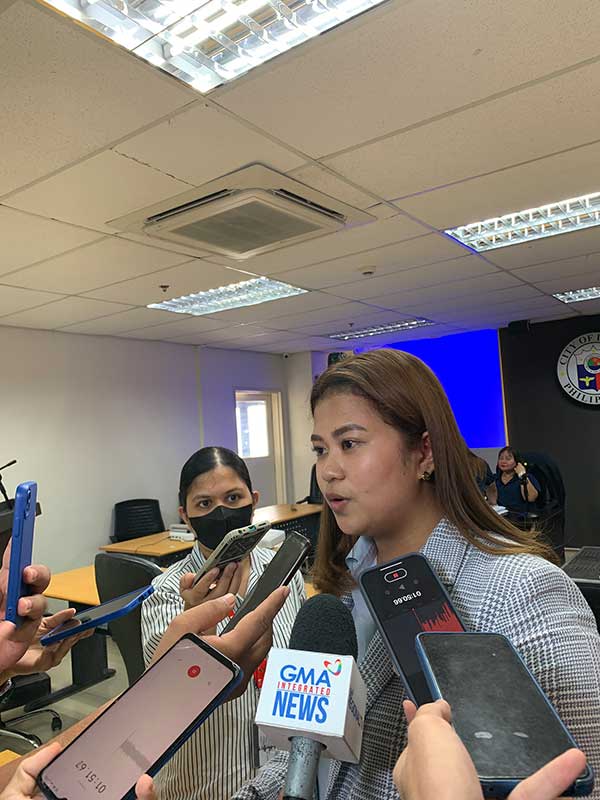
By Rjay Zuriaga Castor
The lack of a proper definition of street gangs in the city has prompted the Iloilo City Council to create an ordinance to prohibit the operation of gangs while imposing penalties for their illegal activities.
Sangguniang Kabataan (SK) President Ex Officio Leila Luntao said the illegal street gang activities and its recruitments among youth are “alarming,” but the Iloilo City Police Office (ICPO) certified that there are no existing gangs in the city.
“Nakita namun nga may problem kita gali sa definition gid natun sang gangs diri, especially sa ICPO. Para ma define gid natun maayo kag isa kita tanan ka definition para sa pagaddress, same kita sang level of understanding,” Luntao said in an interview on Wednesday.
She recalled that the SK previously proposed an education camp for the youth involved in gangs but the idea was scrapped after the ICPO released a certification clarifying that there are no “organized gangs” in the city.
“Ang problem namun […] ang sa ICPO natu nagrelease sila certification nga wala kita sang organized gangs kay ang gina refer nila ang mga gangs nga involved sa major crimes like pagpangawat or hold up,” she said.
She explained that the reason for the certification of the non-existence of gangs was due to a lack of proper definition, which has also led to authorities being constrained to take measures to decrease and eventually eradicate the formation of disorderly groups.
Luntao emphasized the need to clearly define what constitutes a gang, especially concerning youth gangs, as cases of disorderly behavior continue to rise.
The proposed ordinance defines a gang as a “formal or informal group, organization, or assembly that acts or agrees to act in concert to engage in delinquent behavior, commit street gang violence, and instigate community disorder.”
Luntao pointed out that reports from barangay captains and recorded gang activities in the city indicate that gang recruitment is prevalent among high school students, often occurring at the start of the school year.
“Ang mga involved mga high school students and sa school siya nagkatabo nga daad ang recruitment […] Kinahanglan na gid natun i-address and i-divert ang ila attention through intervention programs nga i-present natun nga ara sa ordinance,” she said.
The ordinance also proposes the creation of a juvenile justice and welfare council. The city mayor will chair the council with the Committee on Youth Welfare and Sports Development and the ICPO Women’s and Children’s Protection Desk serving as action officers.
The ordinance also seeks to penalize the creation or formation of a street gang, recruitment and inducement to participate in street gang violence, gang graffiti, and activities that disturb public order, and threaten public safety and convenience.
Minors or children below 18 are subjected to community service, which will be determined by the juvenile council.
Youth aged 18 to 30 years old may face both community service and mandatory intervention of the ordinance. Meanwhile, a penalty of 1 day to 30 days imprisonment or a fine not exceeding P5,000 pesos, or both, will be imposed on offenders above 30 years old.




















